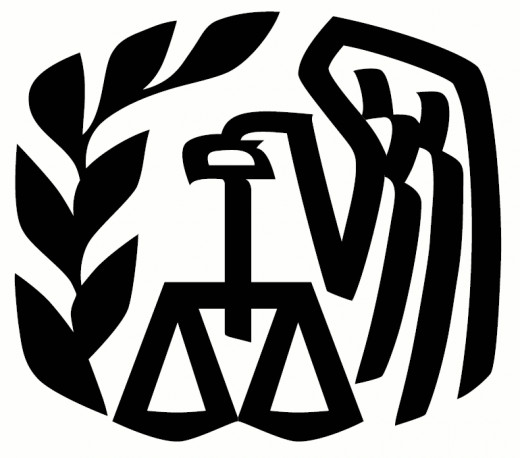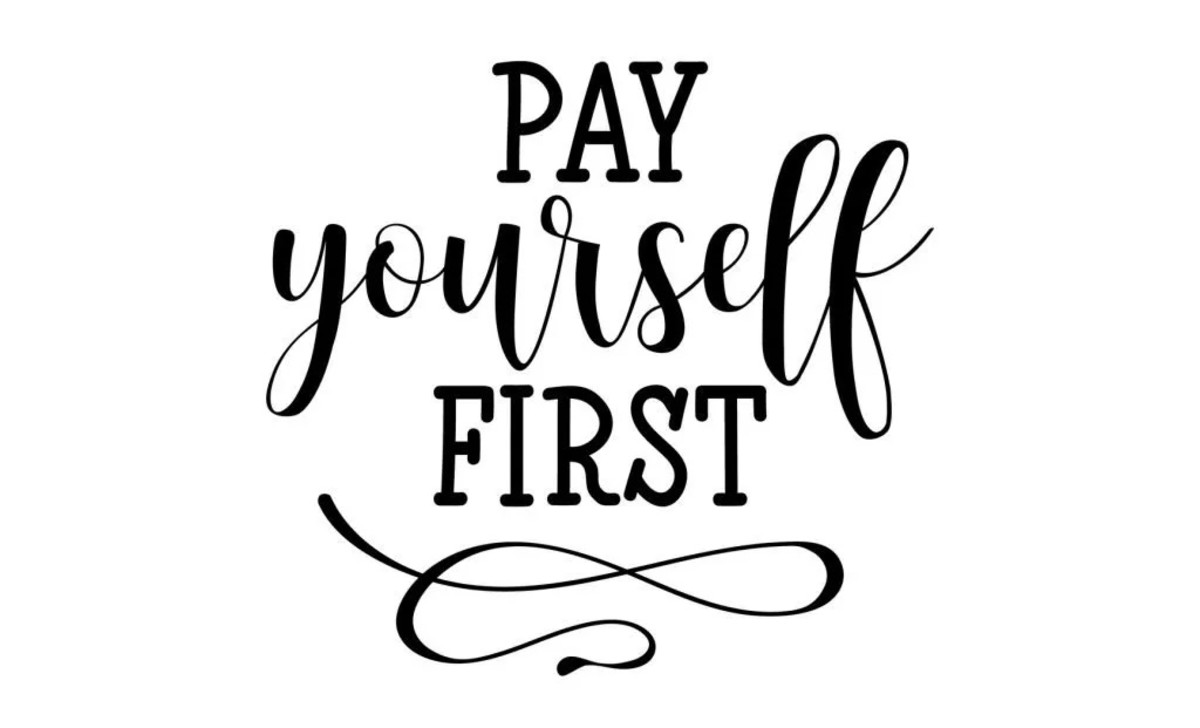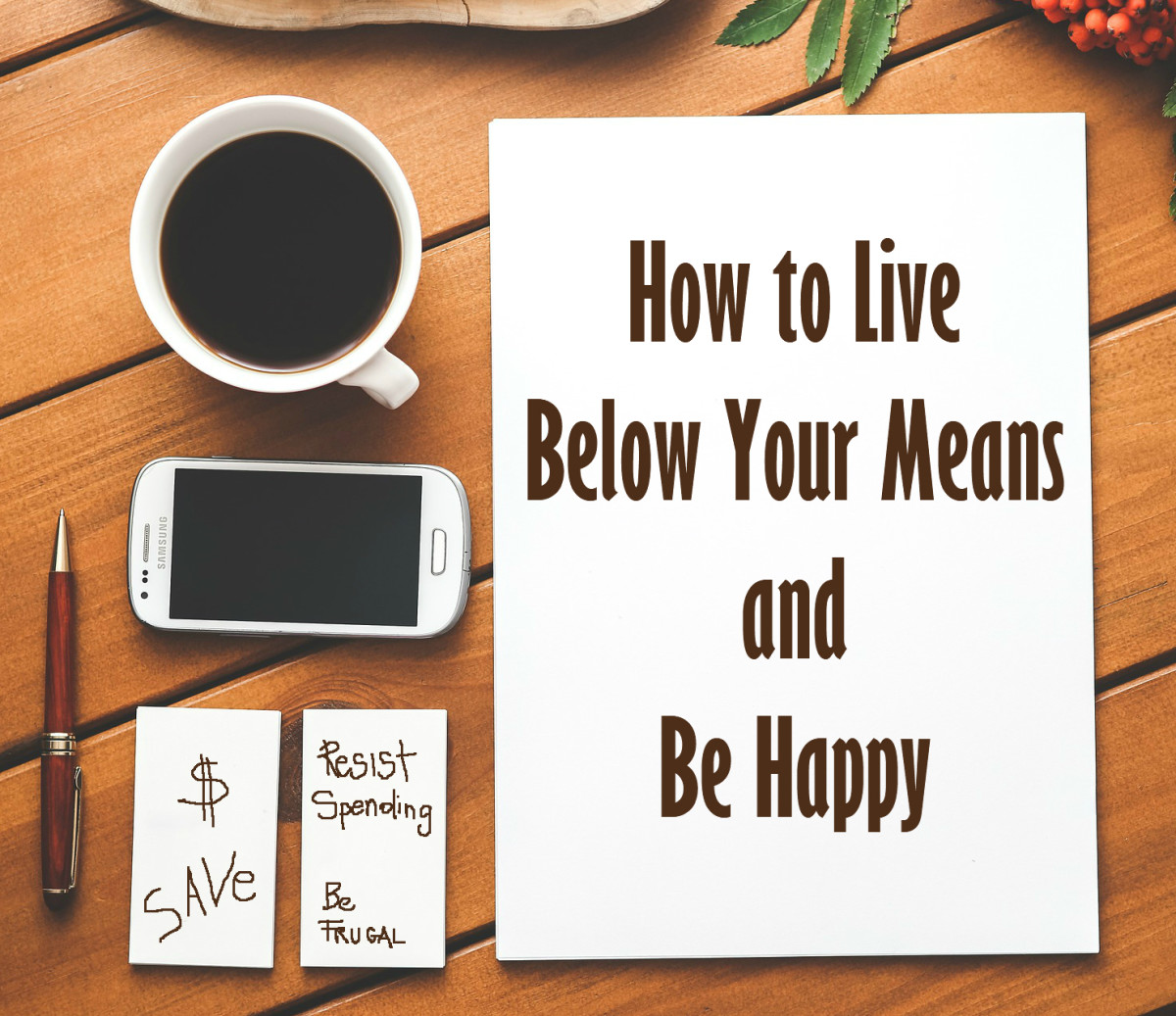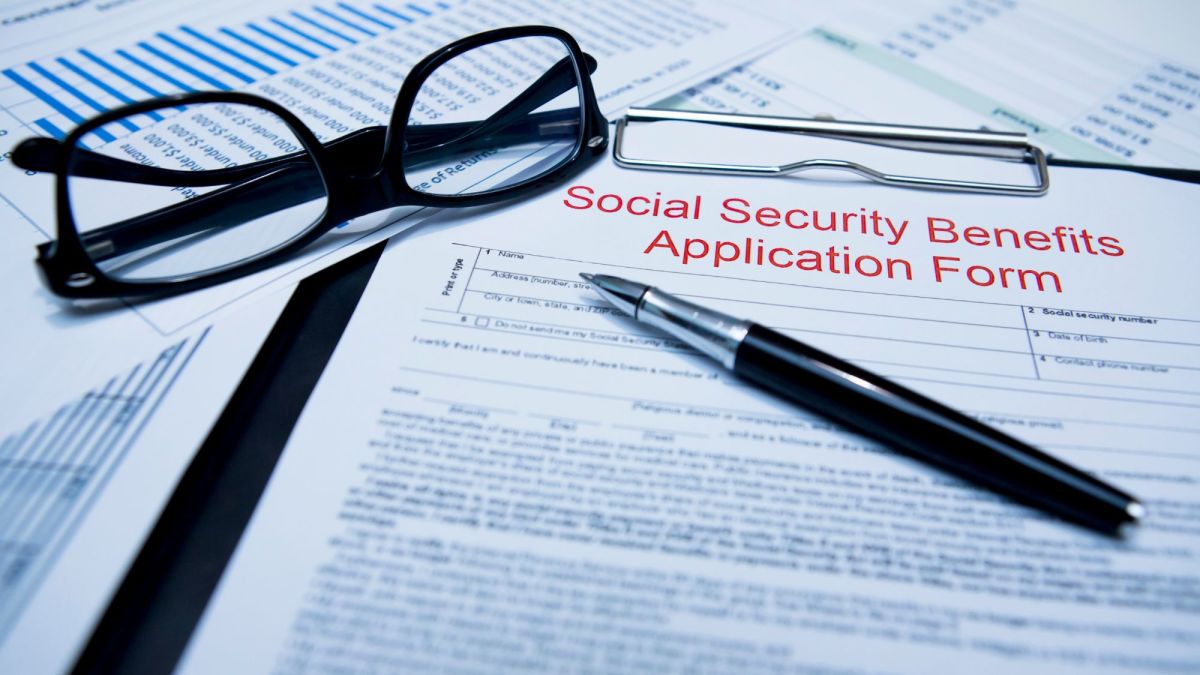Be a Sharp Saver and Create a Great Retirement Plan
Live Enjoyably and Creatively while Saving!
Early and often is when you should save. Even if you are middle aged, had to start over in life or experienced financial or other hardships, now is especially the time to get into action, the sooner the better, and as much as you can.
This Hub will address some saving options to get you started. Did you know that the IRS even gives you a break if you are a good saver? (I didn't until recently!) There are five basic instruments - your own savings account then switch over to a CD, the 401(k) or its alternatives, the IRA, and Roth IRA.
I have a colleague who saves 70% of his income. So think aggressively especially if you are looking at retirement in 20 or less years. It's a "no brainer", that something is always better than nothing, even if you don't make that much to begin with. Don't panic, just start saving something – today.
Free up some cash!
The IRS Rewards Savers
Start saving today! See if you can cut down expenses by 50%.
There are tons of ways to save money. Sometimes it’s best to take care of business – pay the savings account first, then find a way to live on what you've got. Most people, the writer included, would love to cut back slowly, but, as a wise person once said – necessity is the mother of invention. So make it happen, force yourself to think outside the box, even if it hurts a little bit in the beginning.
The I.R.S. Savers Credit
Qualified lower income savers $27,700 single, $55,000 married can qualify for the Savers Credit on their tax return, as long as they are not dependents on another's return or full time students. Not affecting other savings plans like a 401(k), it enables you up to $1000 for single and $2000 for married savers.
Death and Taxes - Retirement planning!

The Saver's Credit
- Plan Now to Get Full Benefit of Saver’s Credit; Tax Credit Helps Low- and Moderate-Income Workers Sa
Find out if you qualify. The details are here.
- Retirement Plans FAQs regarding Substantially Equal Periodic Payments
Withdrawing your funds from a retirement savings plan - the IRS explains your options.
Certificates of Deposit as a Savings Instrument
Saving – these days CDs are too low, but like all things in life, will go back up again. My mom swears by CDs, the savings instruments, not the music ones. Do some shopping for the best rates. Credit unions offer better rates, so once you meet the minimum deposit, put them away for a year or two. You may be able to borrow against them or use them in an emergency. In most cases, the best way to save is to forget that it's there. It can be done.
Check online for good CD rates. Anything around 2% is pretty good. As soon as you get the minimum, transfer it into a CD. The next trick is to see if you can live without it when it matures (you can!). Try rolling it over for a longer period of time for a larger rate of return.
Remember - Will it be milk and cookies in retirement or tasty water and crackers?
Sign up for your employer's 401(k) plan.
The 401(k)
For those in a company retirement plan, by all means, take advantage of the 401(k) retirement plan. It's a gold mine of an opportunity. You can save $17,000 of your pre-taxed earnings.
After age 55, the money can be withdrawn and used. At this point it will become taxable, but at a lower rate, and no penalty will apply.
One small note - be sure to find out the cost for 401(k) management fees. If costs reach the 2% level, that is "too much". Otherwise, it's a gem. You can borrow against it for medical emergencies or to buy your home. This gives you flexibility while saving. Of course, you have to pay it back, so that best scenario of all is to leave it alone and collect interest.
Employer Matching Means Free Money
What could be better than this? Luckily, there is something: A 401(k) with matching if available, which amounts to free money. Yes, you can get free money when the employer matches whatever you put in. Whether it's 1% or 5%, it's all tax free so when you are of age you can take the money without penalty. Just say YES max it out, putting whatever the percentage of your salary that the 401(k) will bear. You will be glad that you did.
If 401k is not available, consider a 403(b) or a 457(b) or 457(f). A brief comparison:
· The 403(b) is for public education or non-profit employees
· The 457(b) is for governmental employees and independent contractors;
· The 457(f) is for non-profit organizations
There are a few stipulations but all basically do the same thing – shelter your pre taxed income, saving you money at income tax time, and allowing you to save for the future.
Open an IRA, Traditional or Roth
A traditional IRA is part of a long term savings plan for retirement, so get on board as soon as possible.
This is always a great option, because it will only give you another reason to save. Interest earned on savings is tax-deferred. Even better, depending on your income level (high, medium or low), tax filing status and employer. Your contribution may be tax deductible. Married savers will need to see if their spouse's plan qualifies, then save wherever is the most advantageous.
A traditional IRA allows you to sock away $5,000 / year - unless you are over 50, when the limit increases to $6,000 as a "catch-up" opportunity.
Look into a Roth IRA
What's the difference between a standard IRA and a Roth? The amount you save in a Roth will not be tax deductible, but the earnings will be. Based on the rule of compounding interest, it could really add up.
The Roth?
With a Roth, you pay now – and nothing later. That means, when you earn money on it – no fees; withdraw it – no taxes; when you pass it on to your heirs – nothing, unless your estate is nothing short of legendary.
What you save in a Roth must be earned income – no stocks, bonds, and interest. It has to be money earned from a job or self-employment income.









